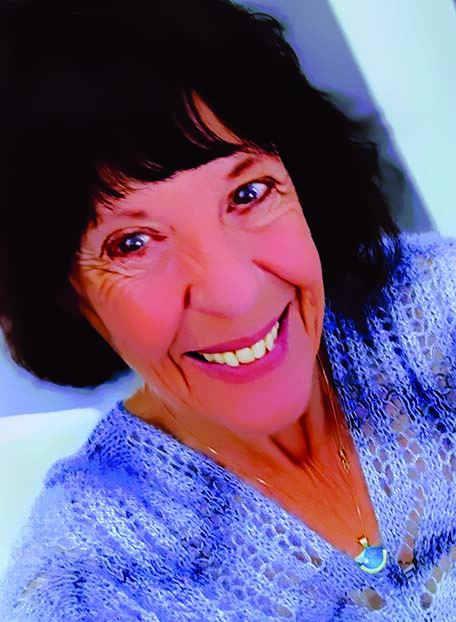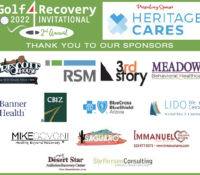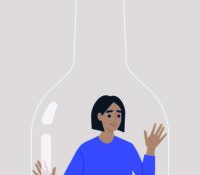By Barbara Nicholson-Brown Email: mailto:[email protected] I grew up in a home where alcoholism was prevalent. When she drank, alcohol turned our happy, fun-loving Mom into a completely different, almost scary...
By Barbara Nicholson-Brown Email: mailto:[email protected]
I grew up in a home where alcoholism was prevalent. When she drank, alcohol turned our happy, fun-loving Mom into a completely different, almost scary person. As her drinking increased, the near-empty bottles were usually uncovered by my 8-year-old younger sister. Alcohol was the dark family secret and we lived in chaos. My siblings and I were told not to talk about it. No one offered our young minds an understanding of what was happening, because at that time alcoholism was not widely considered a disease. So in our home, alcoholism, and the term alcoholic became a dirty word.
I don’t know if my alcoholism is from genetics or just an addictive personality, does it matter? I do know alcohol slowly crept into my life, and as the days and years went on the disease progressed — getting drunk was what mattered. I do remember though, at age 14 or so, I announced to my younger sister, that I’d never be like Mom. But I am my mother’s daughter. By my early 30s, I surpassed her in the amount of alcohol I consumed. Which of course led to living in shame, fear, guilt, and remorse. I too, tried to keep my alcoholism a secret. Is anyone really successful at that?
The very worst and very best day of my life was when I asked for help, and I cling to that memory and moment to keep me sober today.
Many, many thanks to my dear friend Kristen Polin of notMYkid for sharing her personal story and insight for Alcohol Awareness this month.
Effective addiction prevention, treatment, and recovery efforts at the individual, family, community, and societal levels help save lives. Stigma still prevents too many people from getting the help they need.




























